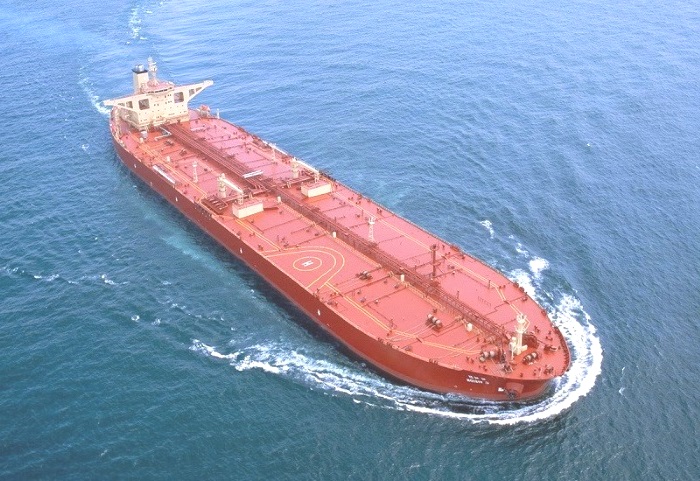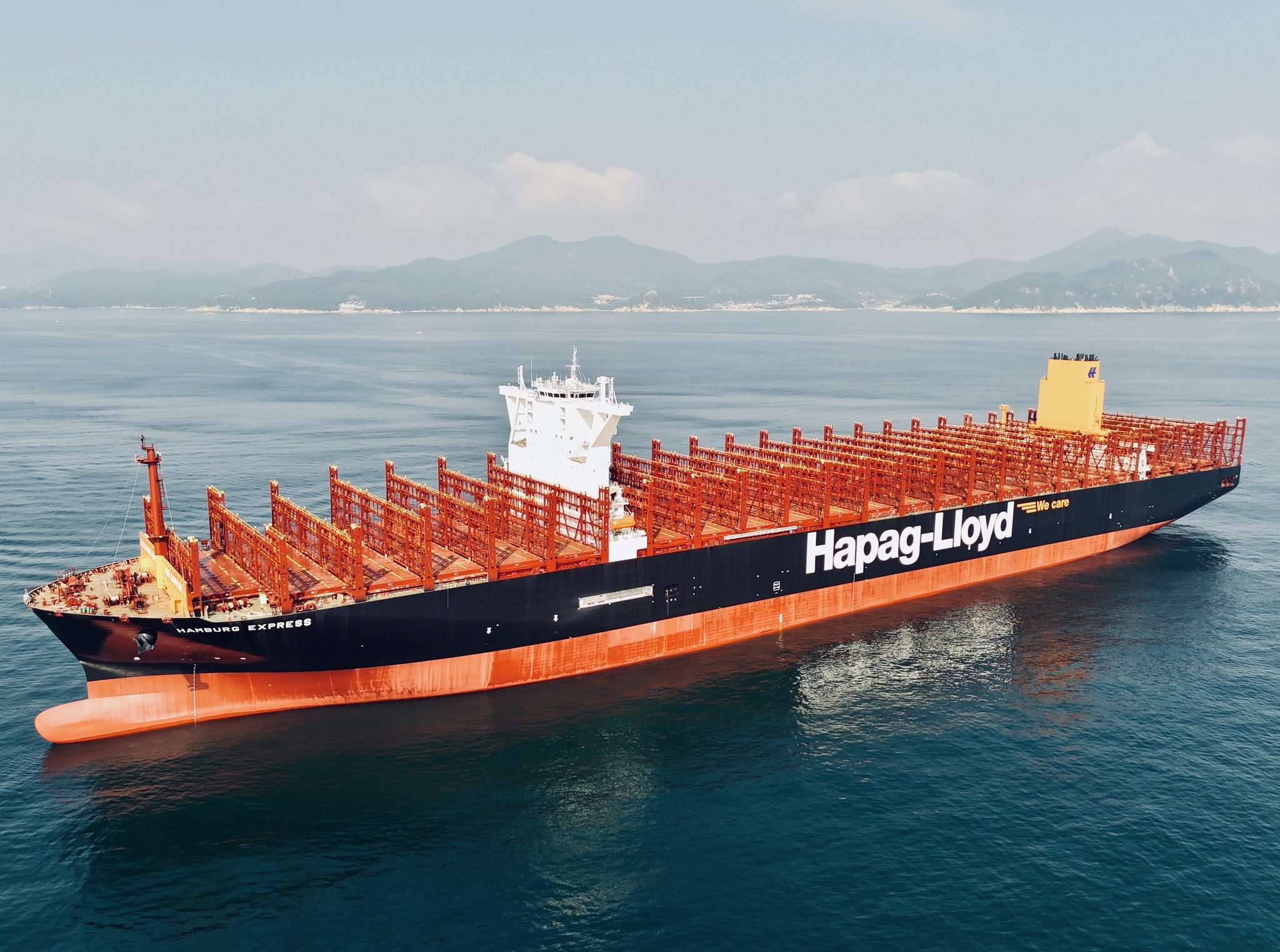Tanker Market: The Iran – US Talks and its Implications

The tanker market participants have adjusted their way of doing business with sanctions on Iranian oil in mind. However, this could change sooner rather than later. In its latest weekly report, shipbroker Gibson said that “since April the US and Iran have been engaging in “direct” negotiations over curbs to Iran’s nuclear programme in exchange for sanctions relief. So far 4 rounds of talks have been held, with a 5th round scheduled for today. Talks between Iran and the European Union also took place last week in Turkey. So, with both sides still talking, can a deal be done?”
“Firstly, it remains uncertain whether a deal can be struck or not. Following the first three rounds of talks, positive comments from both sides certainly led the market to believe the return of Iranian barrels could be imminent. However, following the most recent round, both sides expressed concern that differences over the permitted levels of uranium enrichment represented a red line neither side was willing to cross. Still, if a compromise can be found around this point, a path towards sanctions relief is possible. However, it is worth noting that even if a deal is reached, it might take time for sanctions to be lifted if historical precedent is followed. Back in July 2015, following the signing of the Joint Comprehensive Plan of Action, it took 6 months for sanctions to be lifted”, Gibson said.

Source: Gibson Shipbrokers
“So, what might the market impact be if sanctions are removed? The immediate effect will be an increase in buyers from a wide range of countries. India, Korea, Japan, Turkey, Italy, France and Spain were among the top buyers outside of China when sanctions were last removed. All these countries are likely to explore resuming imports from Iran, particularly those in Europe who have lost access to Russian and more recently Venezuelan cargoes. India’s case is more complicated as the country may prefer to continue buying discounted Russian cargoes, whilst some Iranian volumes going to Chinese independent “teapot” refiners could instead be consumed by major state-owned refiners, leaving the teapots to either cut runs or increase their intake of Russian, Venezuelan crude, or fuel oil”, the shipbroker added.
According to Gibson, “aside from some more “modern” NITC VLCCs, new buyers of Iranian crude are highly unlikely to use dark fleet vessels due to age and quality concerns, even if sanctions are lifted against them. As such, there will be a shift in tanker demand from the dark fleet to the mainstream market. Given that Western buyers are likely to employ Suezmaxes, these vessels should share a significant portion of the benefit, alongside VLCCs. During the previous period of sanctions relief (2016-2018) Suezmaxes carried around 35% of Iranian exports, compared to just 7% last year. Older dark fleet vessels will see further pressure on their earnings potential and could be forced to scrap, if sanctions allow. More Iranian oil on the water would likely put downwards pressure on oil prices, putting further pressure on shale producers in the US, and complicating OPEC+ production policy. It would also have implications for Russian producers, who could be forced to discount further to maintain market share into India and China”.
“On the other hand, what if sanctions aren’t lifted? The US would likely step up the pressure on Iran further, targeting more Chinese refineries and banks, as well as middlemen and service providers in other jurisdictions. More vessels could be sanctioned, and some companies may be forced to reduce their Iranian crude intake, again shifting some demand to mainstream tankers. Military action has also been mentioned as recently as this week. Iran could also respond, either through increased harassment of shipping or a full-scale blocking of the Straits of Hormuz”, the shipbroker noted.
Gibson concluded that “overall, many hurdles remain to get a deal done. Lifting sanctions in our view is a net positive for crude tankers, yet even if sanctions remain, and are more robustly enforced, it could be a positive factor with fewer buyers for Iranian oil, shifting demand back to the mainstream oil and tanker markets”.
Nikos Roussanoglou, Hellenic Shipping News Worldwide




